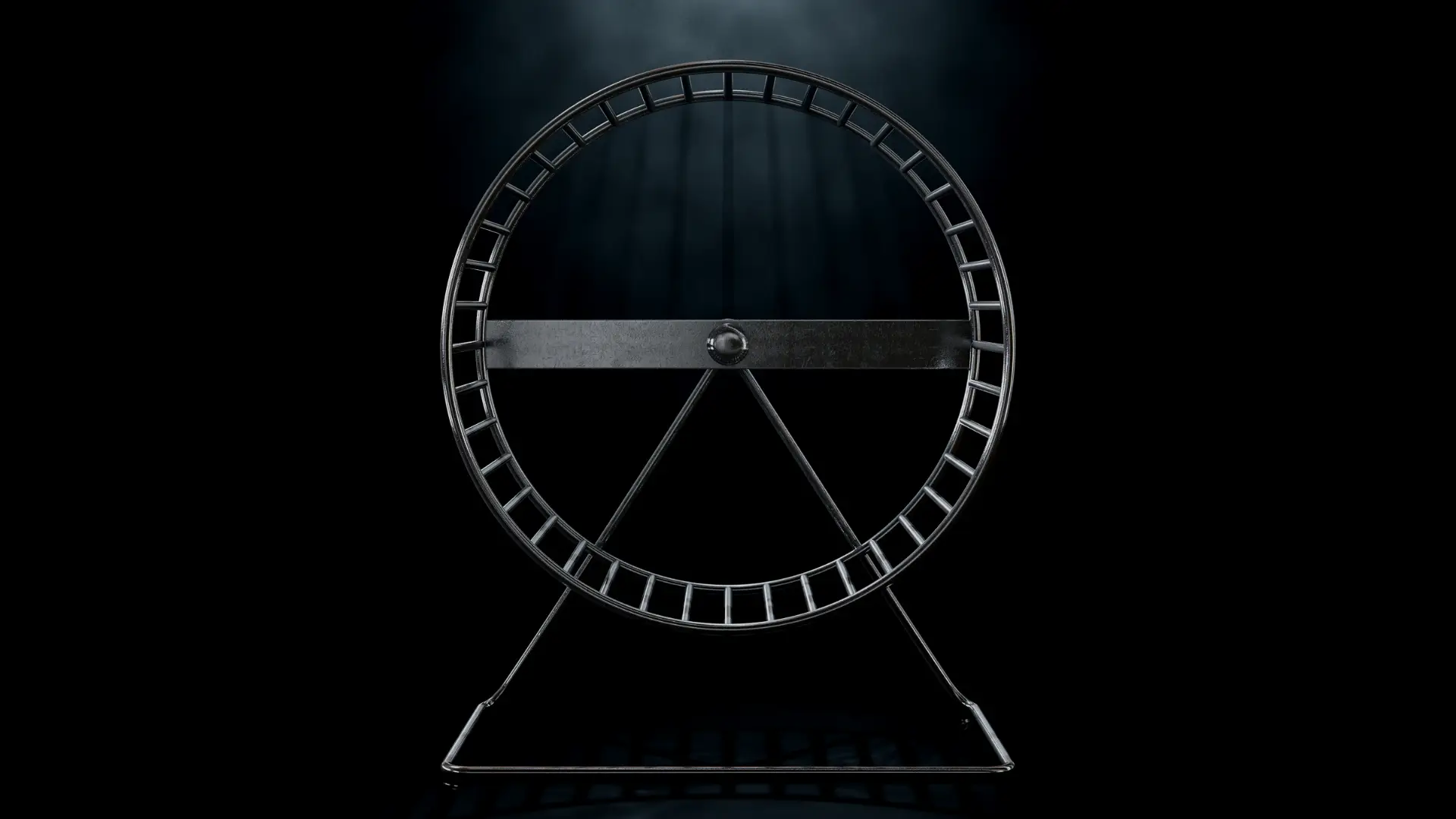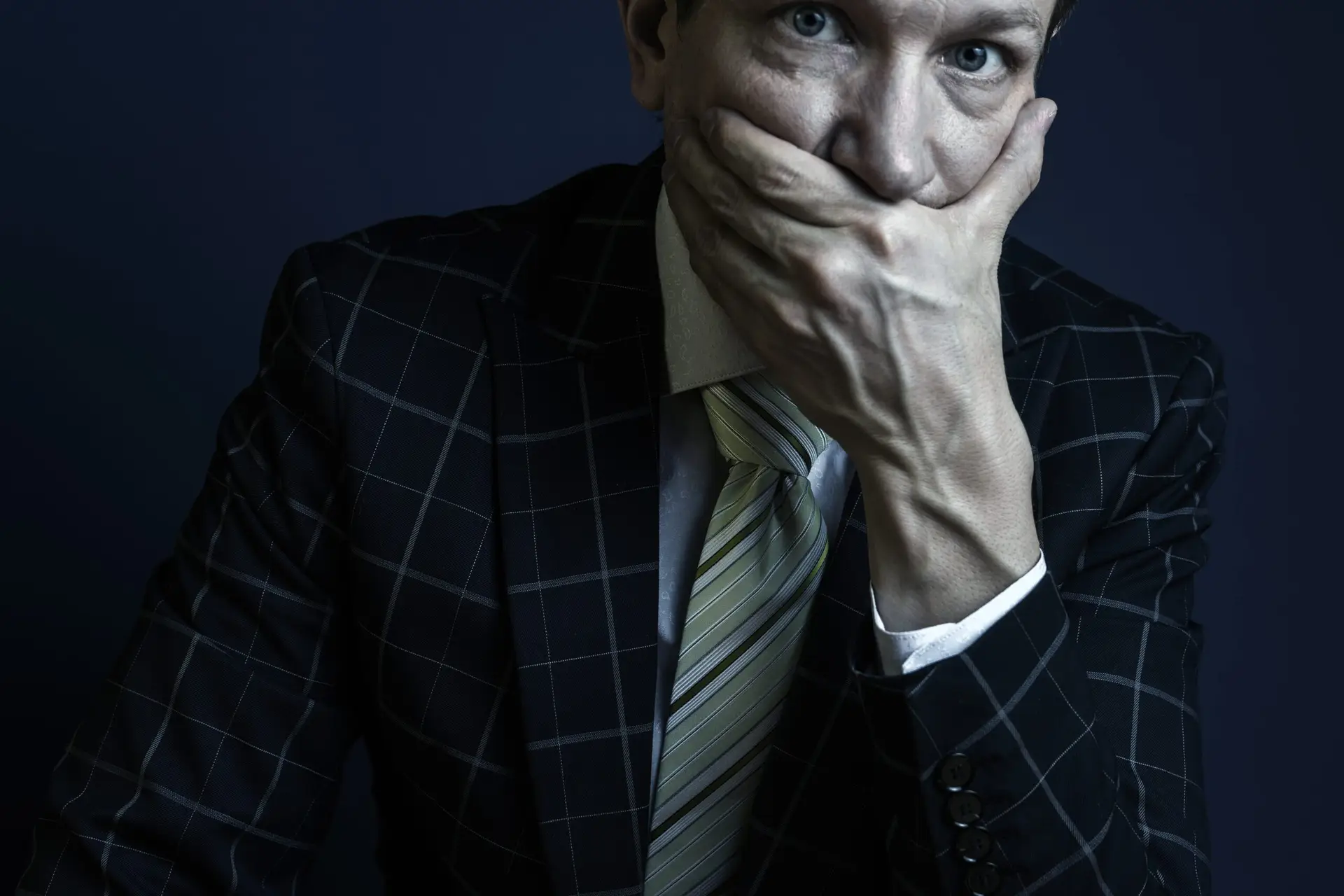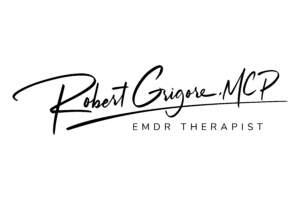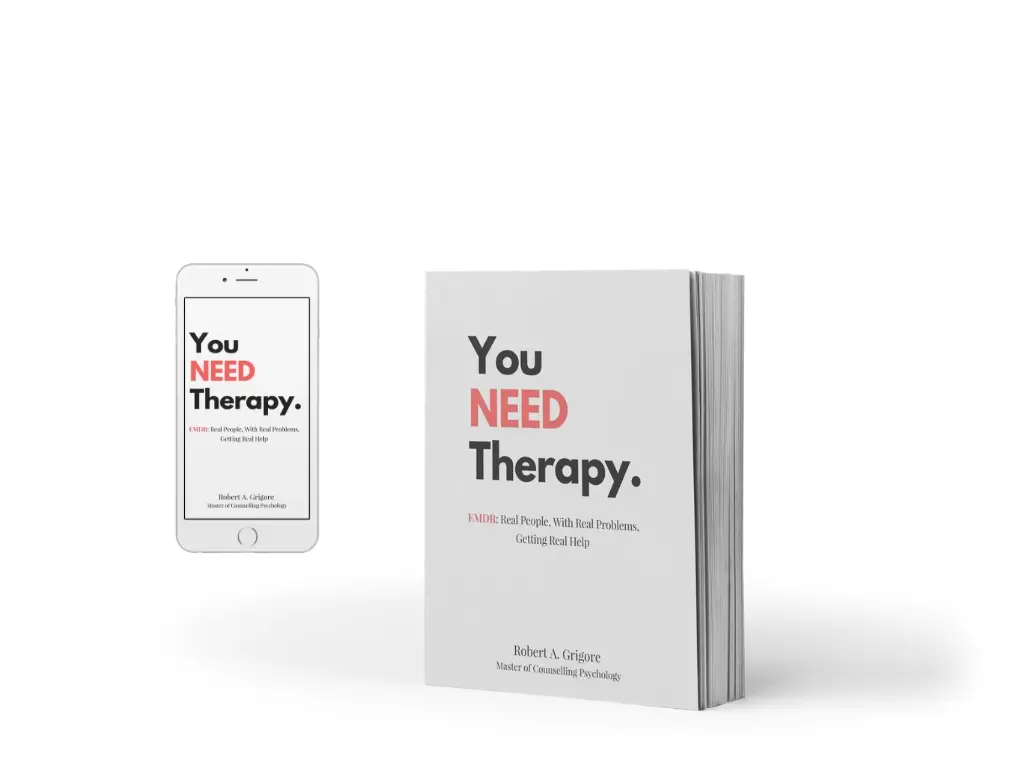Change. That word alone can strike fear into the hearts of even the “strongest” of us. For some, the word “change” is synonymous with “growth,” “development,” “achievement,” “success,” “enlightenment,” and so on…but for others, the word “change” actually feels more like “death.”
From the existential viewpoint, “change” means that we must relinquish the familiar, and adopt a new way of being-in-the-world. This can be quite scary indeed. From the way we think about ourselves, to how we interact with others, to the kind of exercise (or lack thereof) we prefer, to what career we’ve chosen, to the person(s) we choose to settle down with, are all products of our patterns and routines – that is, they are all determined by our core belief systems.
But what if you need to change some of these core belief systems and/or your patterns? How do you know if the time is right? How do you know if you’ll be ready?
The following is a list of checkpoints to help you determine if you are “ready” to make a change in your life:
1. You feel a gnawing sensation in your gut.
 As human beings, we have multiple layers of consciousness. One of these layers refers to the innermost awareness of yourself – the Authentic Self. This layer of you is concerned only with growth, development, and of being truly individuated. To put it bluntly: this part of you is concerned with “keeping you real.”
As human beings, we have multiple layers of consciousness. One of these layers refers to the innermost awareness of yourself – the Authentic Self. This layer of you is concerned only with growth, development, and of being truly individuated. To put it bluntly: this part of you is concerned with “keeping you real.”
When you deny the truth of you in some way, this part of your conscience will react strongly.
When you act in discordance with what you truly know to be right or best for you, or when you deny your freedom to change by choosing to behave in old dysfunctional patterns, your Authentic Self will let you know it…with that old fashioned feeling of guilt in the pit of your stomach.
2. Others have been trying to tell you that you need a change - but you swear you never got the memo.

Your friends, colleagues, loved ones, health, family doctor, social network, and maybe even your dog are telling you that you need to “do something” about “this” or “that” but every time they go anywhere near that topic, your eyes simply glaze over, and you’re wondering what you’re going to eat for lunch… If that sounds like you, then you’re stuck in the “Pre-Contemplative” stage of change (although since you’re reading this blog, I’m going to go ahead and slide you into the “Contemplative” stage – see? You get points for reading!).
Carol DiClemente and James Prochaska developed a model of “change” called The Transtheoretical Model of Change. Their original model was intended to help understand the process of change in regards to addiction. However, this model has been widely accepted in the psychological communities as a basis to understand the change process in general. In this model of change, DiClemente and Prochaska suggest that people go through a series of steps regarding change:
Pre-Contemplative: During this stage of the change model, the individual is not aware that they need to change. Others may be aware, but the individual is usually so set in their ways that the idea of changing is not yet in their consciousness. We might also assume this part of the model is “denial.”
Contemplative: Here, the individual is finally aware that they may indeed have a “problem” or that alternative choices exist for them that might improve their lives (and perhaps the lives of others).
Preparation: During this part of the change process, the individual has decided that a change is necessary and possible. Here, they begin to research what information and resources might be necessary to make a change.
Action: This one’s probably pretty self-explanatory eh? Of course, here the individual has prepared themselves to the extent that they feel necessary to put into action what they have prepared for the change. This is the part where they “do.” Most people attempt this stage with a “Yoda-like” attitude: “Do or do not. There is no try.”
Maintenance: After a change has been made, the individual almost always has to “keep at it” in order to keep the change relevant. If it’s exercising, the individual has to keep the new routine, if it’s “letting your spouse finish what they have to say before you rush in there and complete their sentence, so that you can say what you have to say,” it’s holding your tongue and displaying a bit of patience (also, if this is you, please do “hear” what your partner has to say, rather than just letting them “finish”). The bottom line here is that change takes effort to begin, and effort to “keep the ball rolling.”
Relapse: Almost everyone (except for Yoda) falls back into old patterns from time to time – for some, these old patterns are highly addictive and/or dangerous. For others, it’s something as simple as going to bed later than intended. However, for everyone (almost), change requires learning new adaptive skills to help with keeping “that darn ball rolling” the next time you take action for change (i.e. you now have more tools in your pocket to identify potential stumbling blocks in the Maintenance phase of change). The important thing to recognize is that everyone (almost) relapses a few times. If you do, you’re human. If you don’t…please write a blog and send me the link.
Transcendence: This is the final step of the change process. In this stage, the individual has made some fundamental change in their life (perhaps neurologically, behaviourally, emotionally, interpersonally, etc.), and the new habit they’ve adopted, is finally sticking. They no longer have the “problem” they previously had. They no longer need to “change” (when it comes to this part of their life).
Some argue that people never get to this step and are always recycling between Action, Maintenance, and Relapse; although I tend to believe we are amazingly beautiful and advanced creatures. If we can’t transcend our old limiting belief systems and patterns which keep us stuck, then I wouldn’t be doing the work that I do. We absolutely can transcend our old selves.
3. You see others making changes in their lives and you're...jealous.

If you are, it’s OK to admit it. Actually, to a certain extent jealousy can be healthy indications that you are not satisfied with some aspect of your life. When you notice that you “want what someone else has” it can generate a powerful incentive within you and help to propel you towards making the changes you need to in order to no longer be jealous of what others have that you “don’t.”
Be careful however; there is a fine line between feeling “jealous” and “envious” of others. Generally, “jealousy” can lead to being better versions of ourselves, but “envy” often comes at the cost of harming yourself or others (even if it is psychological or metaphorical) – usually relationships are not made stronger if envy exists. The best way to work through it, is to speak with someone about it – if it can’t be the person you are “jealous” of, then try another friend, family member, colleague, or someone more professional (like a counsellor). Others can help transform that jealousy into fuel for your “transformation.”
4. You're getting tired of the same old patterns...

Let’s face it; repeating the same old habits and routines, over and over again, is like living life inside of a hamster wheel. It’s good for an exercise, but it gets boring pretty quick. And isn’t doing the same thing over and over again expecting different results, Einstein’s definition of “insanity?”
Well, when you notice that you’re feeling exhausted and frustrated with repeating the same patterns, then you know you’re ready for a “change.”
5. The alternative of change is actually worse than the change itself...
 You know you’re ready for a change when you recognize that “not changing” is actually going to be worse for you than making the change. Sometimes this plays out as individuals continuing to engage in destructive patterns that are either directed at the individual and/or at others.
You know you’re ready for a change when you recognize that “not changing” is actually going to be worse for you than making the change. Sometimes this plays out as individuals continuing to engage in destructive patterns that are either directed at the individual and/or at others.
For some this could be hitting a “rock bottom.” For others this could be getting an ultimatum in their marriage. And for others it could mean suicide.
Regardless of the need for change, and who benefits, it comes down to the answer from one question: What’s at stake for you if you don’t change?
You can do it. Yes you can.
If you know you need to make a change in some area of your life, and you are having difficulty, it may be due to some underlying fears and unprocessed core beliefs that have not been dealt with. A skilled EMDR practitioner can help you eliminate those fears and get you the help you need sooner rather than later, so that you can begin living the life you really want to live.
Please visit www.Grigore Counselling.com to schedule your free consultation.
With care and the utmost respect,











